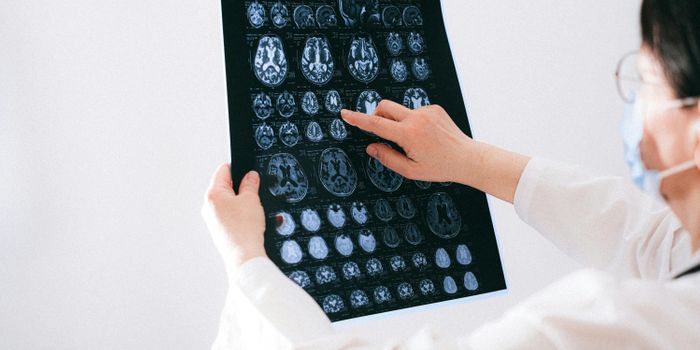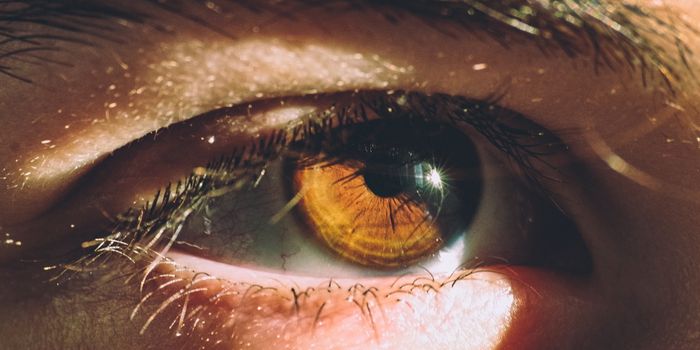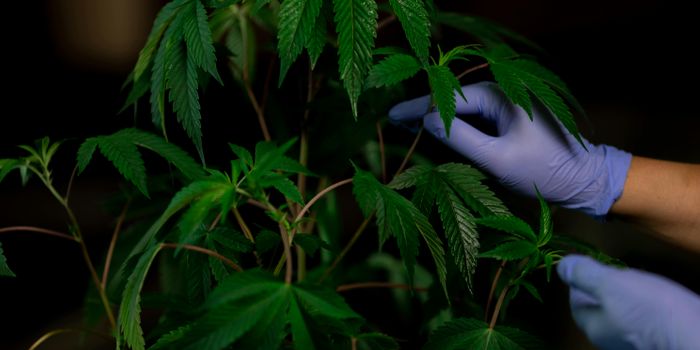Cannabis as a Treatment for PTSD
Approximately 5.6 million adults experience post-traumatic stress disorder (PTSD) in the United States during the course of a given year. There are roughly 22 veterans committing suicide a day as well in this country. Symptoms of PTSD include nightmares, flashbacks or recurrent unwanted memories of the trauma. It also includes heightened reactions, anxiety, and depression.
The symptoms of PTSD are difficult to deal with as well as treat, and many victims end up not coping with it well, particularly veterans as they are more apt to have long-term exposure to trauma. Traditional treatment options include cognitive-behavioral therapy, exposure therapy, medications, and acceptance and commitment therapy. One of the more effective treatments for PTSD is eye movement desensitization and reprocessing which helps make new connections between the trauma and oneself by thinking about the trauma and paying attention to an outside stimulus. However, research published in the Journal of the American Medical Association dictates that treatments may not be as effective as once thought.
Sufferers have been exploring an alternative treatment to PTSD; cannabinoid therapy which is performed with the use of medical cannabis. One of the major side effects of cannabis is short-term memory loss, otherwise known as memory extinction. Memory extinction is a normal, healthy process of removing associations of stimuli. Without this function, we would become overwhelmed with thought. It would be a lot of work for the brain to remember every face during the morning commute on the bus. Perhaps without the function of memory extinction women would never have more than one baby.
The stigmatized side effect of cannabis is actually a survival function of species. To show the effect of cannabis on memory extinction a group of scientists conducted an experiment that investigated the effects of cannabis smoke and injected THC on acquisition versus memory retrieval in a mouse repeated acquisition Morris water-maze.
Results were published in the Journal of Pharmacology and Experimental Therapeutics. It was shown that inhalation of cannabis smoke or injection of THC impaired the ability of the mice to learn the location of a hidden platform in a pool of water. When the cannabinoid-1 receptor (CB1) was blocked by an antagonist it inhibited the loss of short-term memory and the mice were able to remember where the platform in the water was located. This shows that cannabis impairs memory retrieval through the CB1 receptor.
The use of cannabis to treat PTSD has been shown to improve the level of functioning in adults. Cannabis regulates cortisol levels, improves sleep, lowers anxiety, and improves depression. Martin Lee, founder of ProjectCBD writes "Researchers found that people with PTSD had lower levels of anandamide, an endogenous cannabinoid compound, compared to those who did not show signs of PTSD". It could be possible that PTSD is an endocannabinoid deficiency. A deficiency results in impaired fear extinction, chronic anxiety, depression and a host of other ailments. By supplementing the cannabinoids in your body patients who suffer from PTSD can find relief from their memories.
Sources: Veterens for Medical Marijuana, Leafly, Cdn vets advocacy, Time









